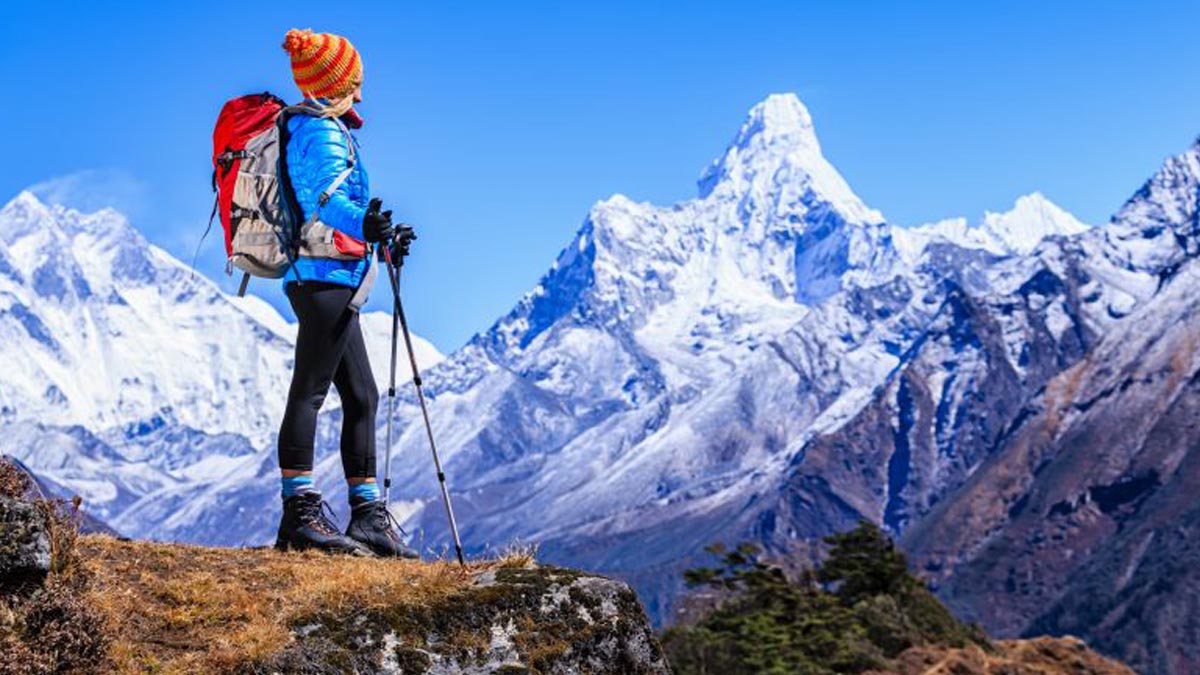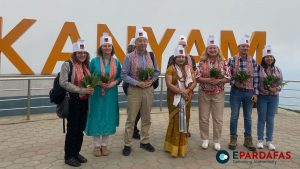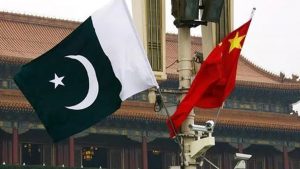
Tourism Sector Emerges as Key Driver of Nepal’s Economic Growth
Tourism is increasingly recognized as one of the three pillars supporting Nepal’s economy, alongside energy and agriculture. The sector holds tremendous potential to boost the national economy, as highlighted by participants in the Hotelier Summit held last Friday. During the event, organized by Capital Nepal business magazine, government officials, industry leaders, and tourism entrepreneurs emphasized that a transformative change in Nepal’s economy could be achieved through the development of tourism.
Tourism as a Catalyst for Economic Growth
Prominent businessman and parliamentarian Binod Chaudhary underscored the transformative potential of tourism in Nepal, asserting that prioritizing the hotel and tourism industries could catalyze significant economic growth. “Tourism and the hotel industry should be highly prioritized to foster major economic change,” Chaudhary said, advocating for infrastructure development in line with international standards.
Chaudhary argued that hotels reflecting Nepal’s unique culture and interior design could play a key role in attracting foreign tourists. He pointed to Nepal’s natural beauty, geographical diversity, and rich cultural, historical, and religious heritage as major pull factors, which together position Nepal as a growing global tourism hotspot.
Pre-COVID Tourism Success and Ambitious Future Goals
Prior to the COVID-19 pandemic, Nepal had already begun to see success in the tourism sector, welcoming 1.2 million foreign tourists in 2019. In response, the government has set a bold target to receive over 1.6 million tourists in the current fiscal year. Even more ambitiously, the government has declared 2023-2032 as the “Tourism Decade,” with the goal of attracting at least 3.5 million tourists annually by the end of the decade.
These targets are not without foundation. According to data from Nepal’s Ministry of Culture, Tourism, and Civil Aviation, the number of foreign tourists arriving in the country has been steadily increasing in recent years, from 940,218 in 2017 to 1,173,072 in 2018, and 1,197,191 in 2019. Post-pandemic recovery has also been promising, with 1.48 million foreign visitors recorded in 2023 and over 720,000 in the first eight months of 2024.
Investment in Hotel Sector Fuels Tourism Expansion
Investment in Nepal’s hotel sector has been a crucial aspect of tourism development. According to the Hotel Association Nepal (HAN), investments in this sector have equaled nearly the size of Nepal’s annual budget, with the introduction of world-renowned international hotel chains like Marriott, Hilton, and Sheraton. These developments have solidified Nepal’s reputation as an attractive destination for global travelers.
The increasing presence of luxury hotels, coupled with Nepal’s natural and cultural attractions—such as Mount Everest (Sagarmatha), Pashupatinath Temple, Lumbini, and Muktinath—has contributed to the rising number of tourists. In particular, religious and adventure tourism have gained traction, with Nepal offering a rare blend of spiritual sanctuaries and challenging mountain treks.
Infrastructure and Connectivity: Key Challenges
While tourism is booming, speakers at the Hotelier Summit stressed the urgent need for infrastructure improvements to sustain growth. Chairperson of the Temple Tiger Group of Companies, Basanta Raj Mishra, highlighted the necessity of expanding aviation communication networks to enhance connectivity. He pointed out that although Nepal has the infrastructure to accommodate 3.5 million tourists annually, only around one million tourists visit each year due to limited accessibility.
To overcome these challenges, Mishra called for the effective operation of two major international airports—Pokhara and Gautam Buddha—as well as the reinforcement of Nepal’s national flag carrier, Nepal Airlines Corporation (NAC). He also emphasized the need for more aggressive international marketing of Nepal’s tourism assets to attract a larger global audience.
Unlocking Nepal’s Immense Tourism Potential
Tourism entrepreneurs are optimistic about the sector’s future, especially in the current climate of political stability and peace. They believe Nepal has an unprecedented opportunity to capitalize on its tourism assets and become a major player in the global tourism industry. Stakeholders agree that with the right investments in infrastructure, policy support, and strategic marketing, Nepal can unlock its immense tourism potential and cement its position as a top global destination.
As the government and private sector work hand in hand, the tourism sector is poised to play a leading role in driving Nepal’s economic prosperity. With ambitious targets set for the next decade, the sector’s contribution to job creation, foreign exchange earnings, and national development will be pivotal in shaping the country’s future.













Comments